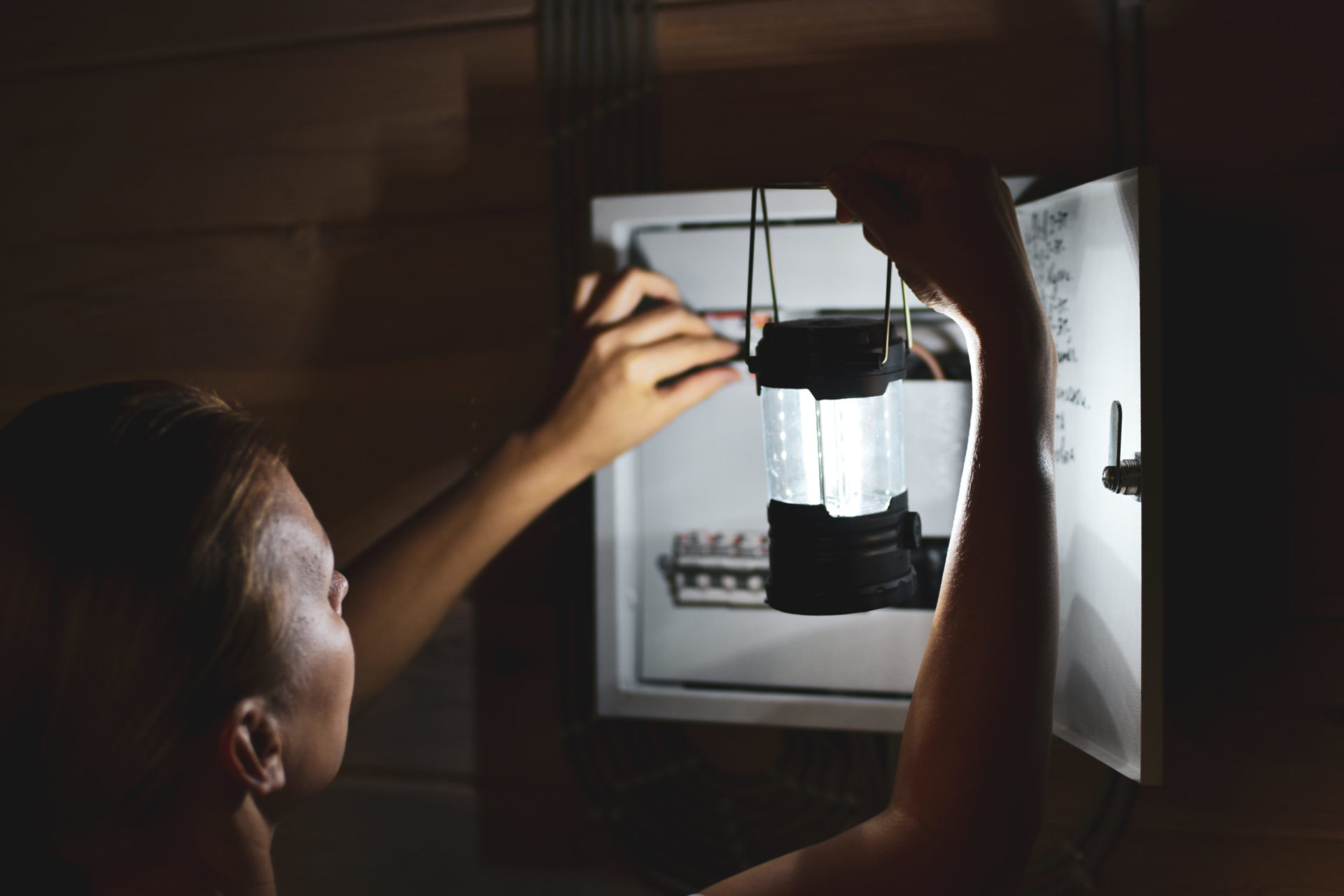
Blackouts 101: What To Do Before, During and After You Lose Power
Picture this: you’re eating dinner in front of the tv and suddenly the whole room goes dark. Or maybe you’ve arrived home with an armful of groceries and the lights won’t turn on. Power outages are a frustrating but inevitable part of life. According to The Electrical Trades Union, approximately half of Australia’s fleet of coal-fired power stations are in desperate need of an overhaul and can no longer meet the power demands of a growing population, so we should brace for even more blackouts in 2021. But luckily there are steps you can take, before, during and after a power outage to minimise the impact on your home and lifestyle. Keep reading to find out more!
Before A Blackout
The only thing worse than being unprepared is being unprepared in the dark! That’s why one of the first steps in preparing for a power outage is to put together an emergency kit. All good emergency kits should include:
- Radio
Make sure it’s a battery-powered, wind-up or solar-powered radio. (Tip: Mark on the dial the frequencies of a popular radio station in your area and other local services). - Drinking water
In late 2020 over 88 Melbourne suburbs were left without clean drinking water after electrical damage during a storm contaminated local catchment systems, so it’s a good idea to keep at least one litre per person handy. - Food
No power means no refrigeration, which means food spoilage. Having dried and long-life food like nuts, biscuits or muesli bars on hand is a big help if you find yourself suddenly low on groceries. - Portable charger
Being able to communicate during a power outage is essential, so it’s a good idea to invest in a portable phone charger to make sure your battery doesn’t run out. Once you’ve pooled together your supplies, make sure you store it in an accessible location that’s easy to remember.
During A Blackout
Most of the time power outages happen unexpectedly, but there are steps you can follow after they occur to keep you and your family safe and pass the time.
- Check the source of power outage
The first step is to check if your home safety switch has been tripped or if it’s a wider power outage. - Turn off electricals
It’s important to turn off electrical devices and appliances, especially anything involving heating – this will avoid any damage if there’s a sudden power surge. - Be aware of your surroundings
Blackouts are often caused by fallen power lines and storm damage, so if you do wander outside, be aware of ground obstacles and or live wires. - Stay up to date
The radio in your emergency kit will help you keep across the news and emergency updates, including an ETA of when the power will be restored. - Avoid generators
Utilising an alternative power source is very tempting, but using a generator inside or trying to modify extension leads to connect power to household wiring can be very dangerous and could damage the electrical systems in your home. - Have a light on
Keep a single light turned on so you know when the power has returned. - Minimise opening and closing your fridge and freezer
During a blackout, trying to keep cold air inside your fridge or freezer is essential. This will help prevent food spoilage and growth of food-poisoning bacteria.
After A Blackout
Huzzah – the power is back on! But there are a few things you need to do before resuming your usual routine.
- Take stock of the fridge and freezer
If an item was without proper refrigeration for less than two hours — refrigerate or use immediately. Anything in there for four hours or longer must be thrown out to prevent possible food poisoning. - Prepare for next time
Make sure you’ve repacked your emergency kit, including restocking food and recharging portable batteries. - Make note of any damage
It’s important to do a walkthrough of your home and assess any electrical damage. If you notice any buzzing sounds, flickering lights or unfamiliar or funny odours, call an electrician to come and assess the situation.
Power outages are an inevitable part of life, but as you can see, there are steps you can take before, during and after a blackout to minimise their impact on your life. However, it’s vital that you leave any electrical work to the professionals. DIY electrical work is illegal and very dangerous, so if you’re experiencing wiring issues in your home, the team at All Electrics is here to help. Take advantage of our fixed-price quote guarantee and contact us today!

